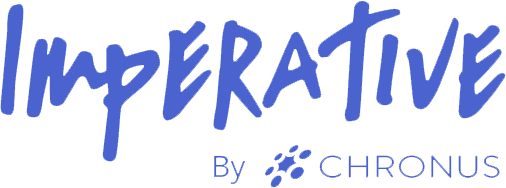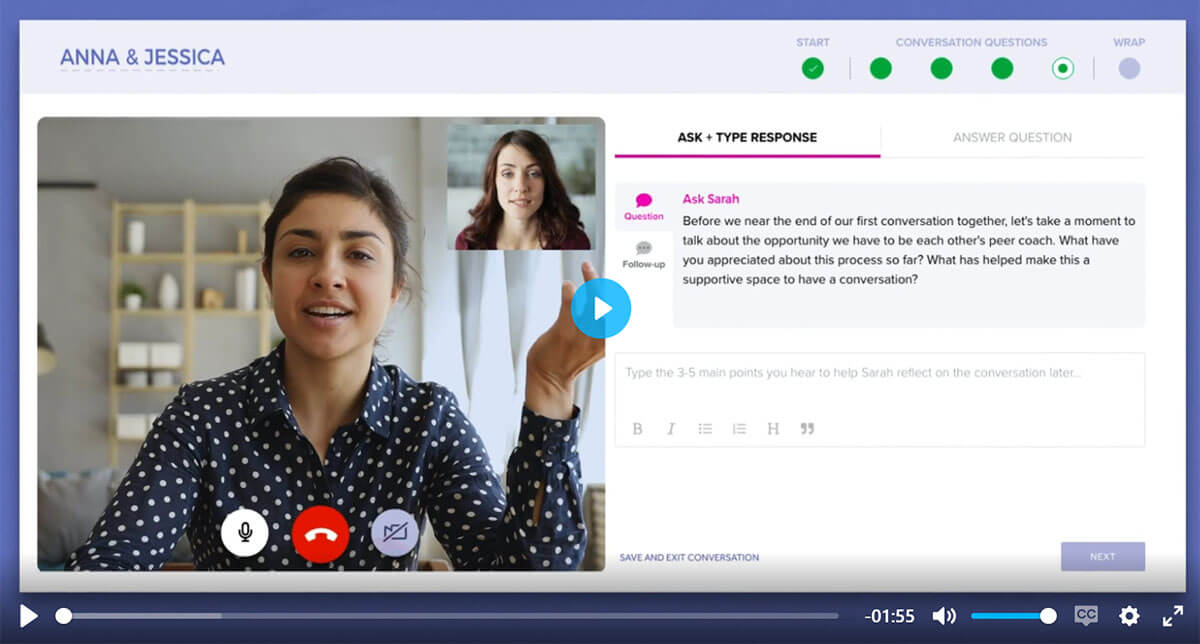Creating More Star Employees

Creating a high-performing team doesn’t happen in a vacuum. “Star employees” may be easy to spot, but they are often difficult to define. Is the person working harder than others? Smarter? Are they leveraging resources better or are they simply more creative? Putting your finger on exactly what makes a star employee what they are can be an exercise in frustration for even the most experienced professional development or human resources professional.
The good news is that star employees can be easily understood. This understanding of what a star employee looks like can apply at any company. Believe it or not, high-performers share many traits across lines of business and sectors. This post will explore the commonalities of star employees across industries and weave a thread that you can take back to your own organization.
Why Identifying Star Employees Matters
In order to create a high-performing team, it is important to first identify the qualities of a star employee. Once these qualities have been identified, leaders can begin to develop training programs and tools that will help all employees integrate these qualities into their work. High performers don’t just provide optimal output for a business. They give greater effort, report higher engagement, and stay longer in the organization. They influence peers and help push the entire team to do its best work. By understanding these qualities and helping employees develop them, companies can create an environment where star employees thrive and employees looking to grow have the opportunity to do so.
Organizational network analysis leader Rob Cross identifies a number of foundational elements found in star performers (more of his work here). Key to star performers in Rob’s view? Empowerment to do great work and the energy found in connecting purpose to their actions. In short, high performers are connected by their belief that their work matters and that their employer believes they are the person best suited to get the job done.
So let’s break that down into four key attributes:
1) The role of feeling trusted in high performers
High-performers feel their employer trusts them and it empowers them to do great work. They often report feeling a sense of trust from their leaders, which gives them the freedom to take risks and innovate. High-performers also feel that their employer is counting on them to do their best work
2) The role of purpose in high performers
High performers often feel that their employer cares about something other than just making money. They might feel that their company supports a greater good, such as making the world a better place or empowering others to succeed. This aligns with the high performer’s personal view that their own impact is material.
High performers often report an intrinsic motivation that comes from within rather than from a desire for extrinsic rewards. This often manifests in their willingness to go above and beyond, report high job satisfaction, and give greater effort at work. In turn, organizations that embrace a focus on purpose can attract top talent seeking an organization with meaning, leading to even higher levels of engagement and productivity.
3) The role of energy in high performers
High performers are not just going through the motions, or stuck in a rut at work. Instead, they have a sense of passion and excitement around their work, an energy that carries through most of their days.
That might manifest in doing more than is expected, making connections with other employees, or continuously seeking out new challenges and opportunities. This “positive energy” at work can often lead to high levels of engagement, productivity, and trust across the organization. By creating a culture that promotes positive energy and creative thinking, employers can help employees bring their best selves to work every day
4) The role of network in high performers
High-performers often have a strong network at work, consisting of both internal and external relationships. They might report having more supportive relationships with their colleagues, which can help them feel like they belong in the organization. These employees also tend to surround themselves with others who are driven and passionate about their work, leading to even greater levels of energy and excitement. By creating an environment that encourages employees to network and collaborate, companies can increase engagement and productivity across all areas of their organization.
This network can often appear in peer relationships where coaching and mentorship impact other members of the company. Peer coaching or sharing knowledge and experience with a colleague are powerful ways to unleash the potential of both star employees and those with room to improve.
Where Do I Start?
While fostering all of these attributes may sound like a lot to address, peer coaching is one way organizations can give all your people the chance to develop into a star employee. Through peer coaching, we have helped many organizations operationalize and extend this type of impactful development across the organization. It is all in the flow of work, and ongoing to ensure true behavioral change.
“This was such a great a way to reflect on who you are and how you show up at work and helps you understand how you can unlock your potential—you are figuring out what is growth for you.”
Manager, Boston Scientific
Sounds A Bit Like Magic
It is…well, you know, the kind of magic that’s powered on science. Based on years of research and expertise, Imperative matches peers across a company for regular guided coaching conversations.
Every two weeks, peers are guided through a personalized conversation that is scientifically engineered to be psychologically safe, positive, reflective, and energizing. These conversations enable employees to grow their power skills in the flow of work through practice and reflection.
During each conversation, each peer commits to one action they want to complete before they meet next, driving behavior change through commitment and accountability. Every quarter, they’re matched with a new peer, building a boundary-spanning network.
“My focus at work has shifted dramatically so this has helped me figure out how to set up for what’s next. It’s reignited a little bit of fire that’s been missing for a while. Having honest conversations helped me walk away knowing what makes work meaningful for me. My peer coach helped put things into perspective and focus on the positive
Sr. Manager, Finance
Does It *Actually Work?
Our trailblazing clients like Zillow, Hasbro, and Boston Scientific have seen these results across their organization by using the Imperative Platform:
- Personal Growth—78% of employees report peer coaching made them more successful
- Deeper Connections—89% of connections created build a meaningful and sustained relationship
- Holistic Wellbeing—Employees leave each conversation with 2.4X more positive emotions
- Shared Purpose—85% of employees report the ability to connect their purpose to their work
- Radical Flexibility—After every conversation, 80% of employees take action to craft their job
Our mission at Imperative is to humanize work and make work more fulfilling for every person. After 30,000 hours of peer coaching conversations, the data is in: peer coaching is the bright spot you’re looking for. Let’s chat about how we can bring this to life for your company.







